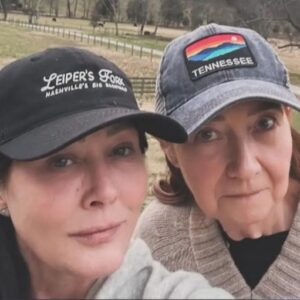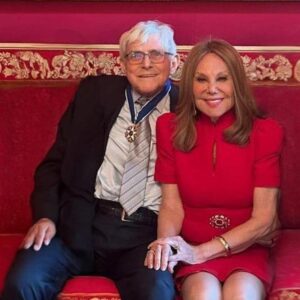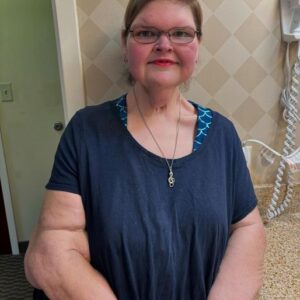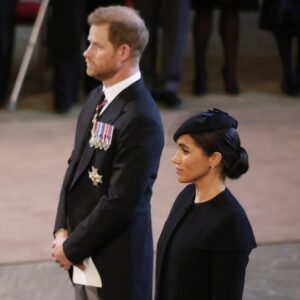At the time she tried “all the ways” she knew to avoid the situation, but nothing worked.
“I tried to make jokes, to be charming, to set a boundary, to reason, to say no. He grabbed me by the arms and held me down. I was terrified.”
“I didn’t want it to escalate to violence. I now know it was already sexual violence, but I was afraid he would become physically violent. I went into freeze mode, a common trauma response when there is no option to escape. I checked out of my body,” she revealed.

After it happened, Hargitay was unable to process it so she removed it from her “narrative.”
“I now have so much empathy for the part of me that made that choice because that part got me through it. It never happened. Now I honor that part: I did what I had to do to survive.”
Hargitay, who currently plays Captain Olivia Benson in the Law and Order universe, recalled starting her foundation to help survivors of sexual abuse and violence to help others heal.
Often during speeches she would say “I’m not a survivor,” but as time went on she realized she was being “untruthful.”
“I began talking about it more in earnest with those closest to me. They were the first ones to call it what it was. They were gentle and kind and careful, but their naming it was important. It wasn’t a confrontation, like ‘You need to deal with what happened,’ it was more like looking at it in the light of day: ‘Here is what it means when someone rapes another person, so on your own time, it could be useful to compare that to what was done to you.’ Then I had my own realization. My own reckoning.”

For more than two decades, fans of SVU have written to Hargitay to express their gratitude for her portrayal of Olivia Benson. And while the fictional character she plays gives them hope, it’s their stories that give her the strength to move forward.
“Survivors who’ve watched the show have told me I’ve helped them and given them strength. But they’re the ones who’ve been a source of strength for me. They’ve experienced darkness and cruelty, an utter disregard for another human being, and they’ve done what they needed to survive.”
Hargitay admits that justice may look different from survivor to survivor, she hopes that one day she’ll receive an acknowledgement and apology.
“That is a beginning. I don’t know what is on the other side of it, and it won’t undo what happened, but I know it plays a role in how I will work through this.”
As for the future, Hargitay wishes that one day soon survivors of sexual assault will be celebrated similarly to cancer survivors.
“Tell someone you’ve survived cancer, and you’re celebrated. I want the same response for sexual assault survivors. I want no shame with the victim. The shame of the act belongs with the perpetrator: they’re the ones who committed the heinous, shameful act.”




